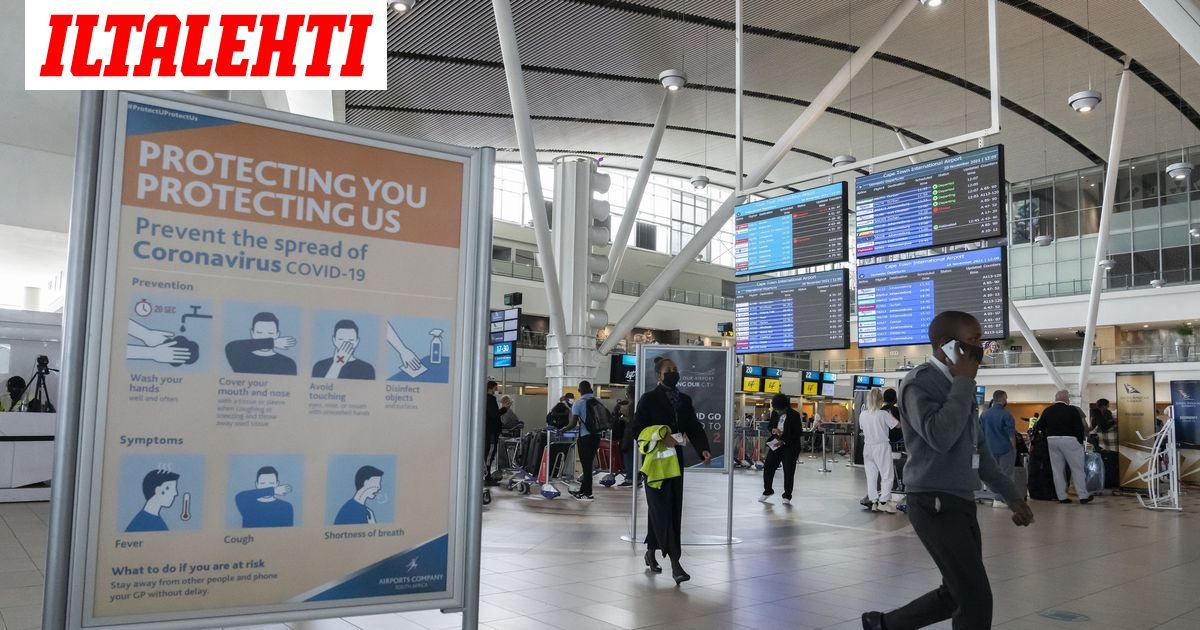Will Spain soon vaccinate its children under 12?
29 November 2021
Following the
European Medicines Agency’s approval of the Covid-19 vaccine for children aged five to 11, will Spain follow the advice and inoculate its youngest population group?
Last Thursday, the EU’s drug agency cleared Pfizer’s Covid-19 vaccine for use in children aged five to 11, the first jab to be approved in a cohort where the virus is rapidly spreading and
the Omicron variant is leading international governments to introduce new restrictions.
Only a small handful of countries had previously given the nod for
coronavirus vaccinations in younger children, including the United States, Israel and Canada.
“I’m glad to tell you that Comirnaty from today has received approval for children five to 11 years of age,” said Marco Cavaleri, head of vaccine strategy at the European Medicines Agency (EMA), using the vaccine’s brand name.
“This is based on a different dose than the one used in adults, essentially it’s a much lower dose,” he told an online public meeting.
The vaccine was already cleared for use in people aged 12 and over in the 27-nation EU.
Children aged five to 11 will be given one third of the dose that older people receive, with two injections, three weeks apart, the EMA said in a statement.
So has the EU’s green light instigated the Spanish government to include young children in its vaccination plans?
Spain’s 17 regional governments are waiting to hear the decision by the national Public Health Commission, which in turn is first expecting to receive the recommendations of the country’s Vaccination Committee.
Spain’s Health Ministry is expecting its first batch of Pfizer vaccines for children from the EU in mid-December, which it will distribute to the regions based on how many minors they have in the 5 to 11 age group.
But before regional health workers can start administering these doses, Sanidad will have to get an answer from the health bodies which are studying whether it’s necessary for these young children to be vaccinated against Covid-19.
As Spain’s infection rate continues to climb, cases are particularly high among under 12s – 253 infections per 100,000 children – double the national average.
In regions such as the Basque Country and Navarre the infection rate in 6 to 12 year olds is above 1,000 per 100,000 children.
A decision regarding the inoculation of this group made up of 3.2 million children is expected in the coming weeks.
It’s by no means a done deal and there are disparaging opinions among health experts and politicians in a country in the top spots of the international vaccination tables.
Andalusia’s Health Minister Jesús Aguirre has reiterated in recent days his willingness to
start vaccinating children as soon as possible “in schools, as far as possible, or in health centres” .
Aragon authorities have pointed out that Spain’s Public Health Commission must determine if it will first “prioritise certain groups” in this young age group, such as those with underlying health conditions.
Balearic Health Minister Patricia Gómez has stated that vaccination in her region will take place “as soon as vaccines are available”, even if this coincides with the Christmas holidays.
“They say it’s going to happen in December, hopefully we’ll be ready,” Castilla-La Mancha Health Minister Jesús Fernández said.
“I’d rather not have to wait for children to return to the classrooms after Christmas for them to get their first dose,” Galician Regional President Alberto Núñez Feijóo argued.
Catalan health authorities have also stated they plan to follow “the established plans” to vaccinate minors, “as has been done with the rest of the vaccines.”
The general consensus among Spain’s regional governments is that they’re on board with starting the vaccination campaign of children as soon as possible and just need the supply and the go-ahead from the country’s national health bodies.
But among members of
Spain’s Vaccination Committee (La Ponencia de Vacunas), the group of experts that sets the
national vaccination strategy, things aren’t so clear.
During their first meeting on the matter following the EMA’s announcement, they concluded that in
the current epidemiological context it’s not necessary to immediately vaccinate children aged 5 to 11 given the high rate of vaccinated adults.
“You cannot vaccinate children for the benefit of the community,” Federico Montalvo, president of Spain’s Bioethics Committee and member of the Vaccine Committee, told Spanish news agency Efe, adding that Covid-19 practically poses no serious health risk to children and that vaccines are not of any real benefit to them.
“We have to wait,” says Montalvo.
“It may be good to vaccinate them but we have to see how things go. Based on how the vaccination strategy is going now, we don’t have to make a decision now, it’s more convenient to wait”.
Asked about the vaccination of children under 11 years in countries such as the United States, Montalvo argued “it has nothing to do with Spain since it has a huge number of people who aren’t vaccinated; they have a serious problem.”
On the other hand,
the Vaccination Committee of the Spanish Paediatric Association (CAV-AEP) has recommended vaccination in the 5 to 11 age group so as not to “deprive” the child population of the benefits of the Covid-19 vaccine.
Child vaccination against Covid-19 is proving to be a divisive issue in a country where up to now inoculations have barely been called into question by the general public.
Most people would rather the roughly 4 million eligible adults who remain unvaccinated get the jab instead in order to lower transmission, but health experts now have to weigh up the benefits of vaccinating children against the challenges of the rollout and the backlash they may face.
This won’t be the last we hear of Spain’s dilemma over child vaccination, and the speculated start of the campaign in December is still very much unclear.










